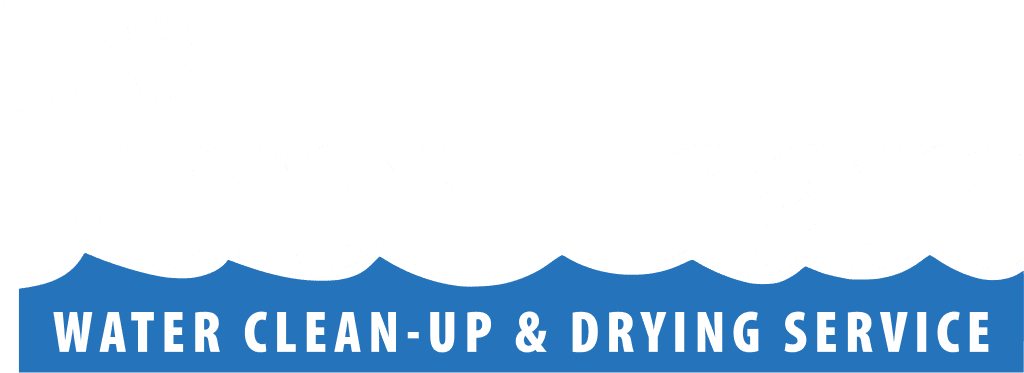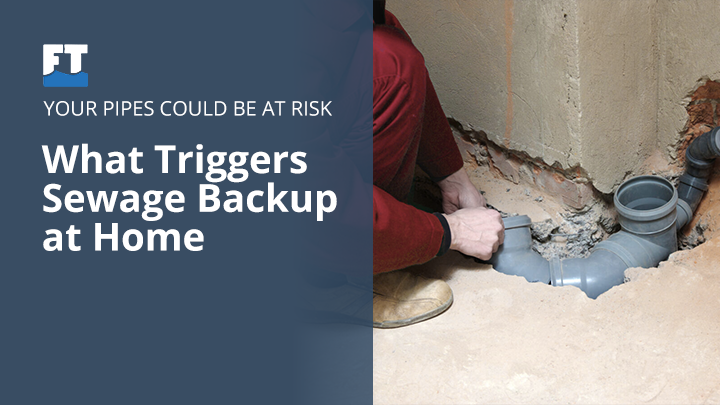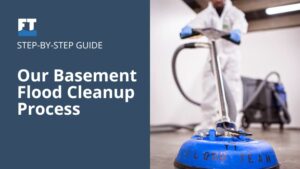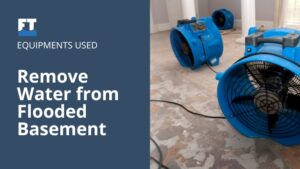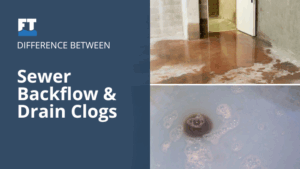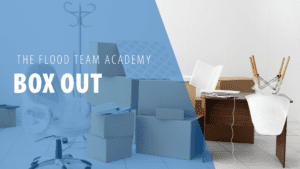You’re washing dishes, doing laundry, or taking a shower, and suddenly, you notice a foul smell or slow-draining water. Next thing you know, sewage starts backing up into your home. It’s messy, stressful, and one of the last things any homeowner wants to deal with. But the truth is, many sewage backups are preventable with the proper steps and awareness.
In this post, we’ll break down the common causes of sewage backup and how to spot the warning signs to prevent a disaster. You’ll also learn smart, practical tips to keep your plumbing flowing smoothly and your home protected.
Common Causes of Sewage Backup
1. Clogged Pipes
One of the most common causes of sewage backup is a clogged drain. Every day, stuff like grease, hair, food scraps, and even “flushable” wipes can build up over time. Eventually, the blockage gets so bad that waste has nowhere to go but back into your home.
2. Tree Roots
Tree roots love finding cracks in sewer lines. Once inside, they grow and block the flow of wastewater. This typically occurs in older homes with clay or cast-iron pipes, but roots can infiltrate any weak spot in a line.
3. Broken or Collapsed Sewer Lines
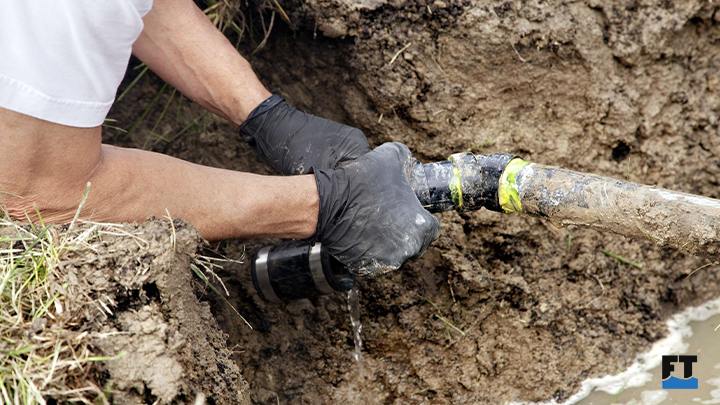
Pipes don’t last forever. They can crack, sag, or collapse, especially if they’re old. A burst water pipe or damaged main sewer line means waste can’t escape, so it comes back the way it came.
4. Heavy Rain or Flooding
Too much water at once can overload a city’s sewer system. If the system gets overwhelmed, the excess water might push back into your home through the lowest drain, often the basement.
5. Blockages in the City’s Sewer Line
Sometimes, the problem isn’t even on your property. A blockage in the city’s line can affect multiple homes on your street. You’ll usually notice this if all your drains are slow or backing up at once.
6. Improper Plumbing Connections
Connecting things like sump pumps or downspouts directly to your sewer line might seem like a shortcut, but it’s a risky move. These setups can overload the system and lead to backups during storms. Always make sure your plumbing is up to code to avoid preventable problems.
How to Prevent Sewage Backup
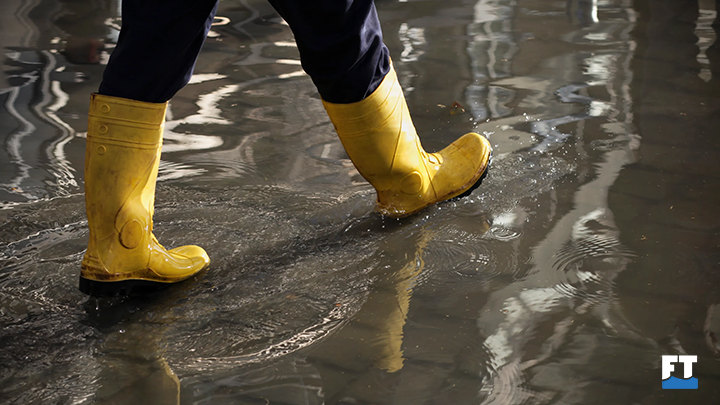
1. Watch What You Flush
It seems obvious, but it’s worth repeating: only flush human waste and toilet paper. Things like wipes (even the ones labeled “flushable”), paper towels, cotton swabs, and hygiene products don’t break down properly and can clog your pipes quickly. When blockages form, they can cause wastewater to back up into your home, and sewage backup is a health hazard you don’t want to deal with.
2. Regular Plumbing Maintenance
Have your sewer lines professionally inspected and cleaned on a regular basis, especially if your home has older pipes or large trees nearby. Cracks, root invasions, or buildup can all be caught early, before they turn into a costly, stressful sewage backup cleanup situation.
3. Install a Backwater Valve
A backwater valve is a smart upgrade that can prevent sewage from re-entering your home during heavy rain or city system overloads. It allows wastewater to flow out but blocks it from coming back in. This is especially important for homes with basements or those located at lower elevations.
4. Route Gutters and Downspouts Properly
Make sure your home’s gutters and downspouts are draining water away from your foundation, not into your sewer system. Connecting them to sewer lines increases the risk of overload and backup during storms.
5. Replace Old or Fragile Pipes
If your home still uses clay or cast iron sewer lines, consider upgrading to modern plastic pipes (like PVC or ABS). These materials are more durable, resistant to tree roots, and less prone to cracking.
6. Consider Tree Placement
Avoid planting trees with aggressive root systems too close to your sewer line. If you’re not sure where your line runs, consult a professional before digging or planting. Around your foundation, use non-porous landscaping materials to help keep excess water away from your home.
7. Stay Alert to Warning Signs
Gurgling drains, foul odors, and slow-flushing toilets often signal an issue brewing underground. Don’t ignore these early warnings; address them promptly to avoid costly damage and hazardous conditions.
When You Can’t Prevent Sewage Backup, Call the Pros
Even with all the right precautions, sewage backups can still happen, and when they do, fast action matters. If your drains are gurgling or sewage is backing up, it’s time to bring in the experts. Professional sewage backup cleaning services like The Flood Team are equipped to handle the mess safely and thoroughly, while also helping you prevent future issues.
Need help now or want to prevent future disasters? Book a free evaluation today.
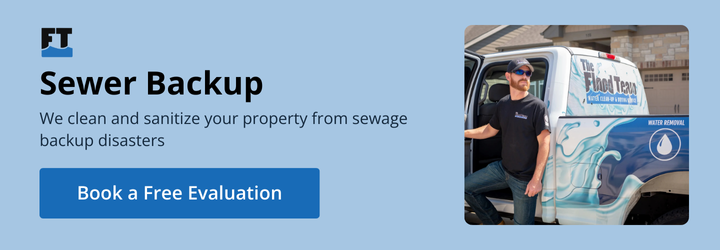
Final Thoughts
A sewage backup isn’t just a plumbing issue—it’s a disruption to your home and your peace of mind. But with a bit of awareness and routine care, most backups can be avoided. Pay attention to early warning signs, treat your plumbing with care, and don’t hesitate to call in a professional if something doesn’t feel right. A clean, healthy plumbing system is worth it.
FAQs
Can flushing wipes really cause a sewage backup?
Yes, even “flushable” wipes don’t break down like toilet paper. They clog pipes and can lead to serious backups.
Is a sewer smell always a sign of a backup?
Not always, but it’s a warning. It might mean a dry drain trap or a small blockage. Either way, it’s worth checking out.
How do I know if tree roots are in my pipes?
Frequent clogs and slow drains are a clue. A plumber can inspect your line with a camera to be sure.
Is it safe to clean up the sewage backup myself?
It’s not recommended. Sewage contains harmful bacteria. It’s better to let professionals handle the cleanup safely.
How do I know if the city sewer line is the problem?
If multiple drains in your home are backing up at once or your neighbors are having the same issue, it could be a city line problem.
